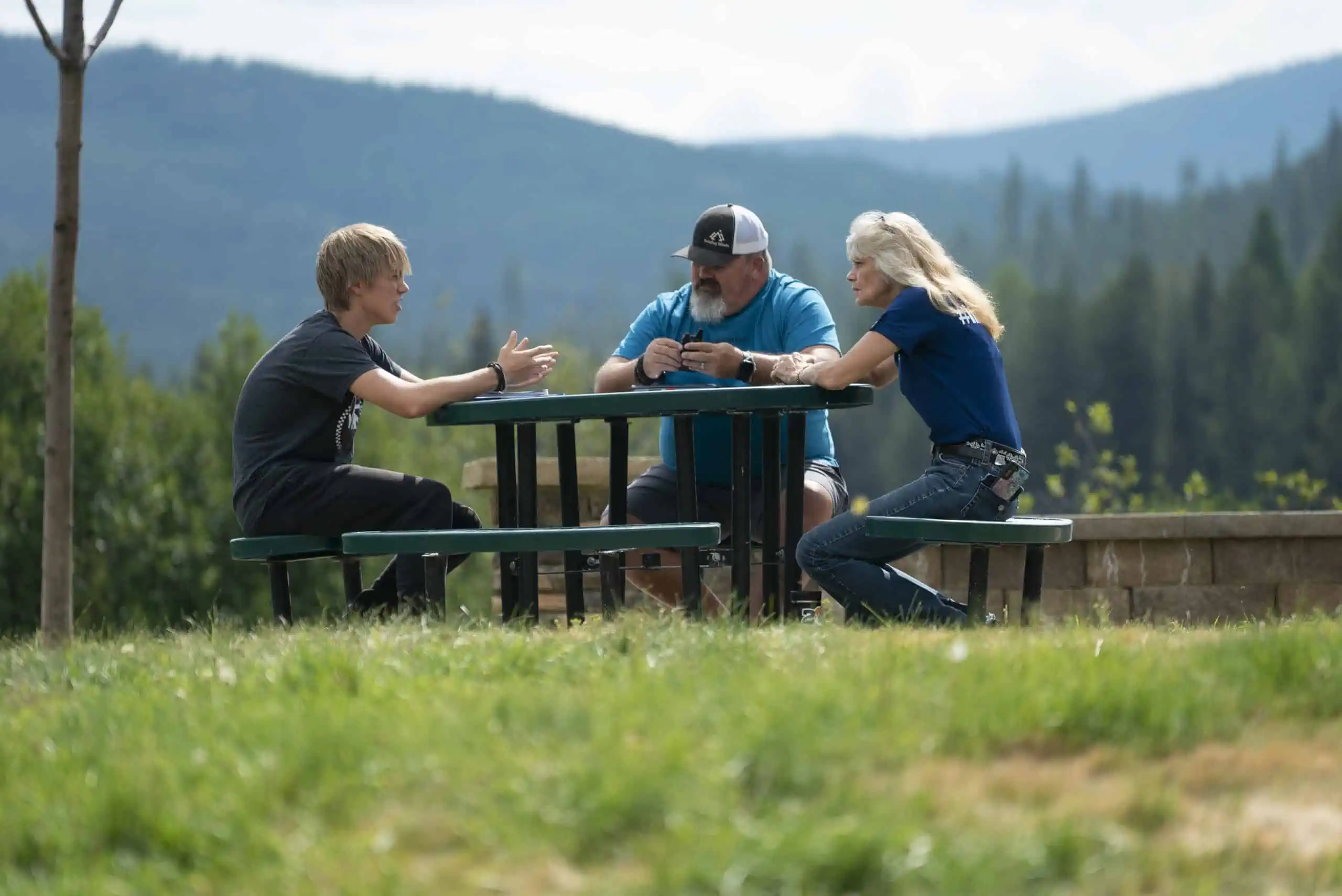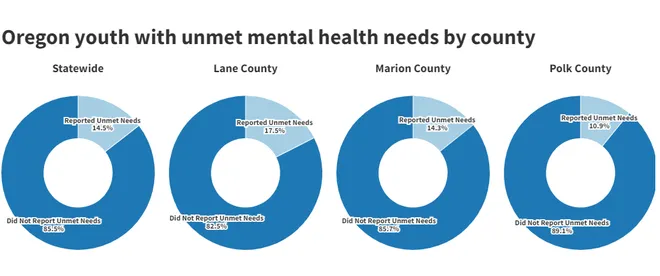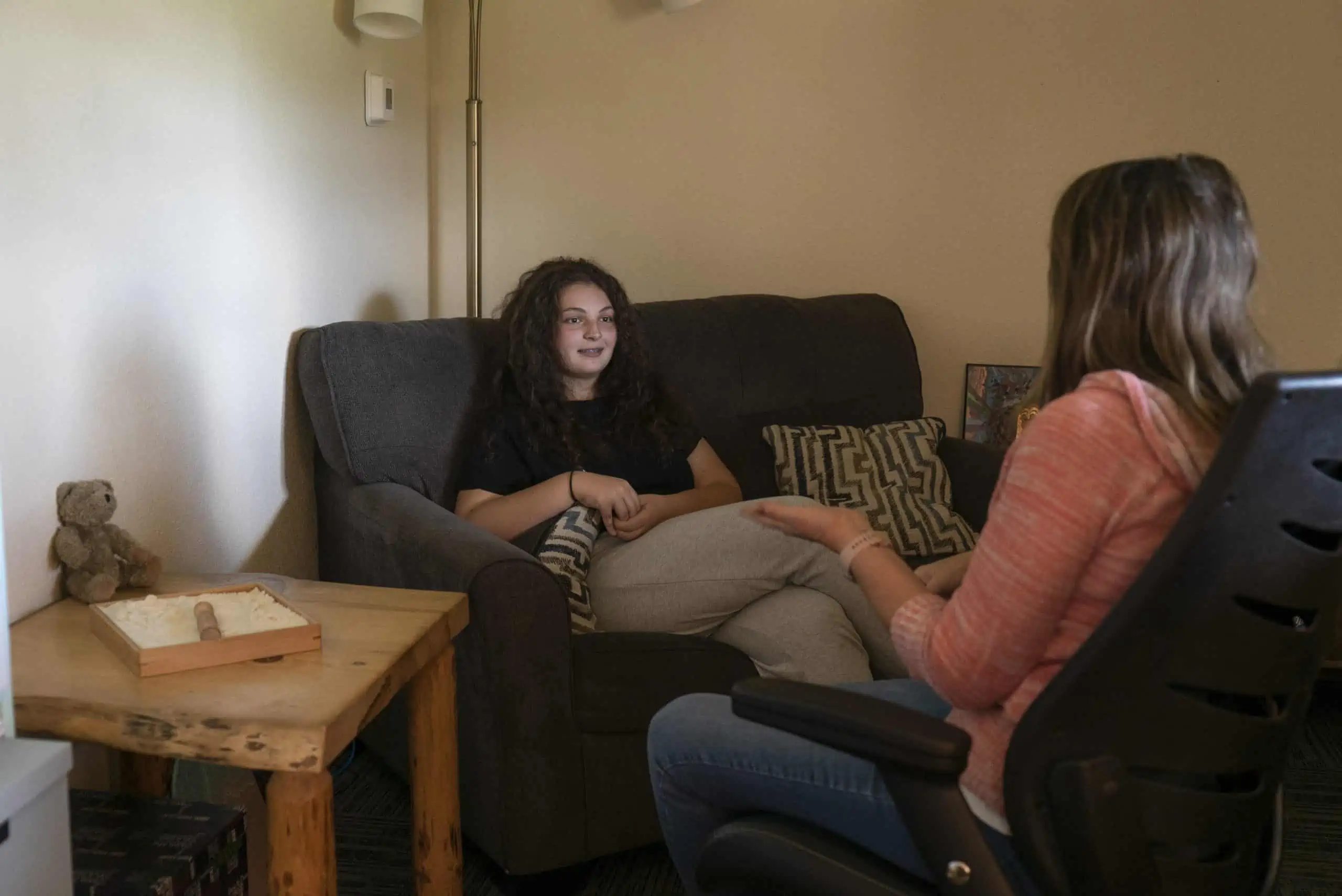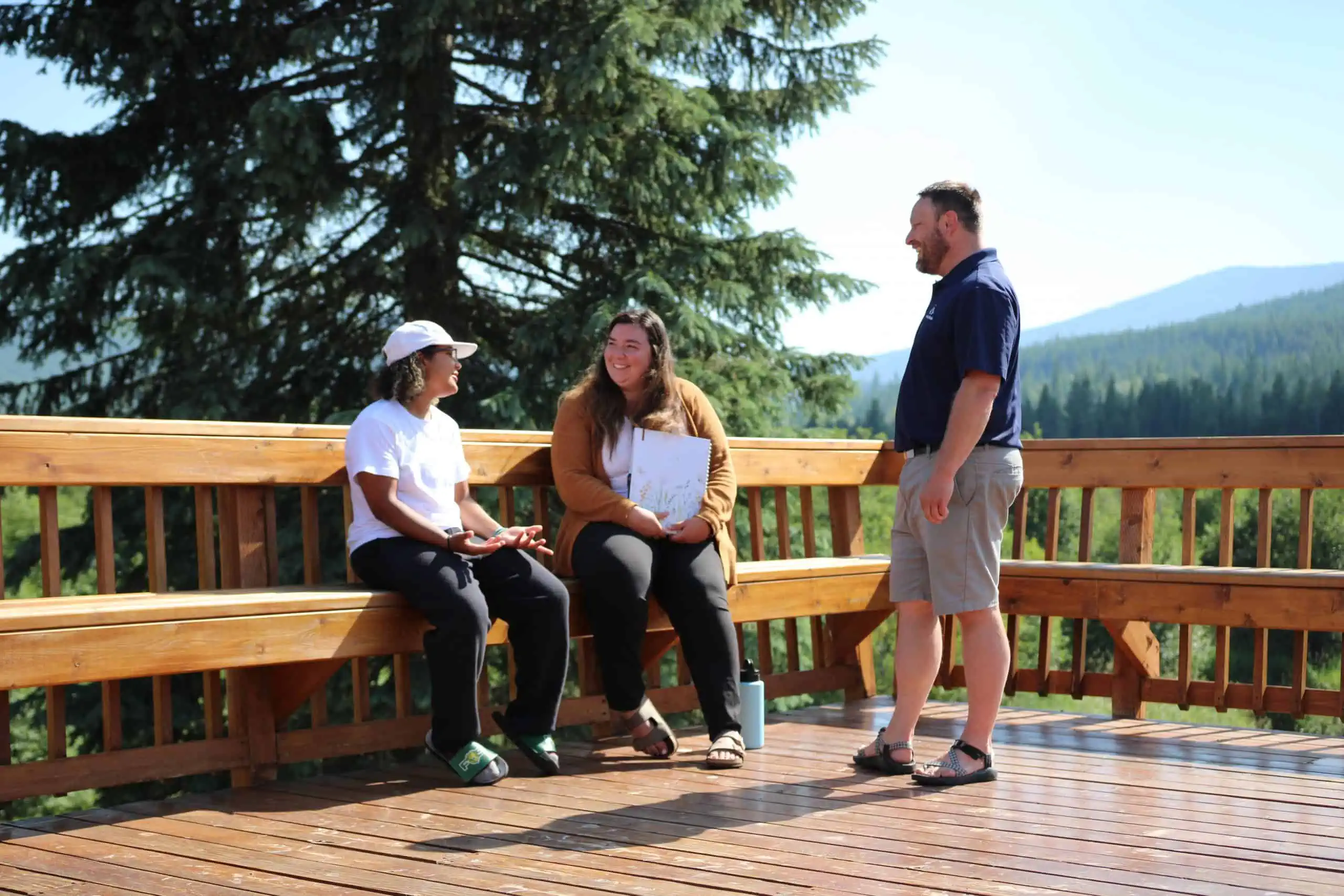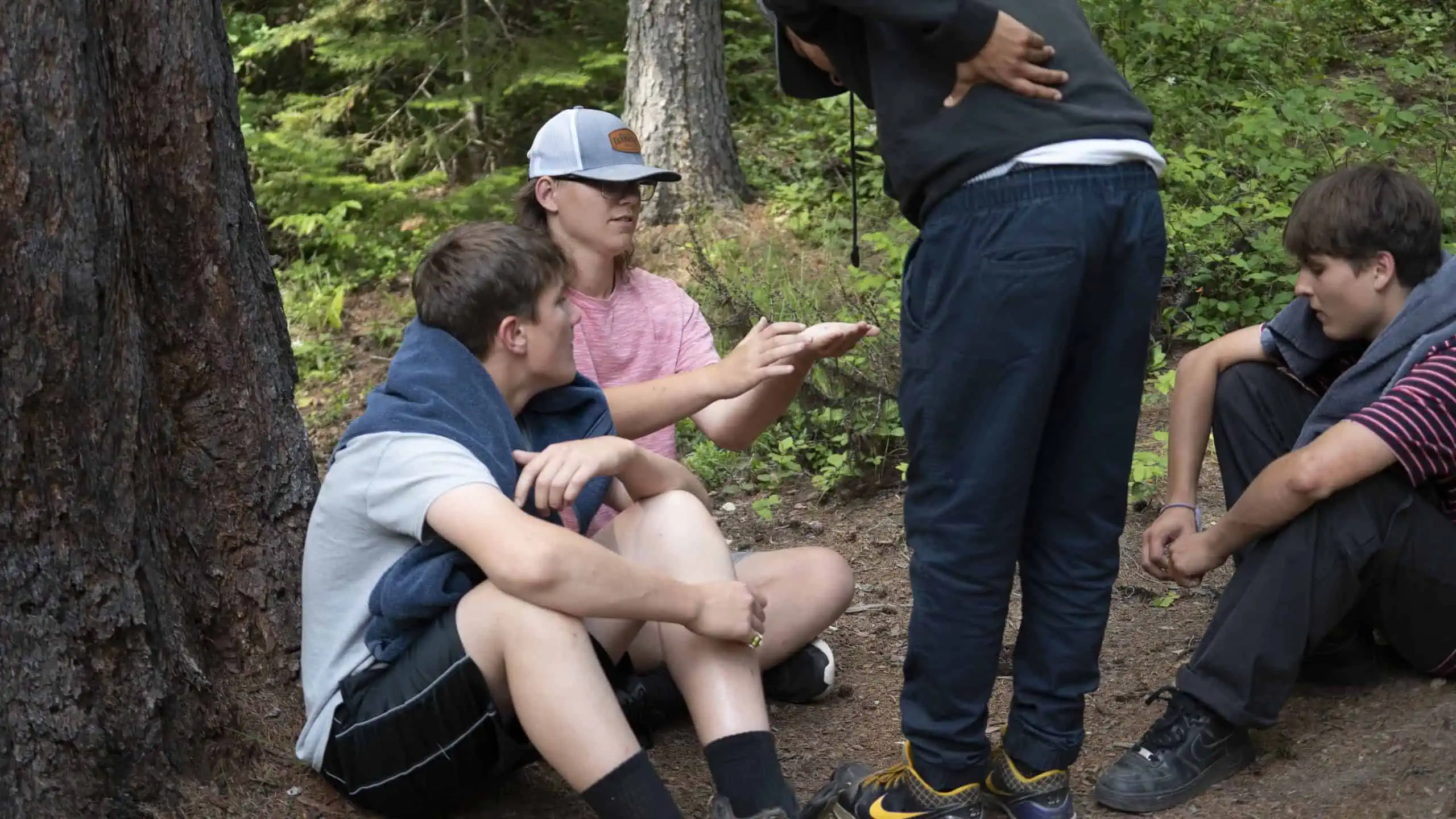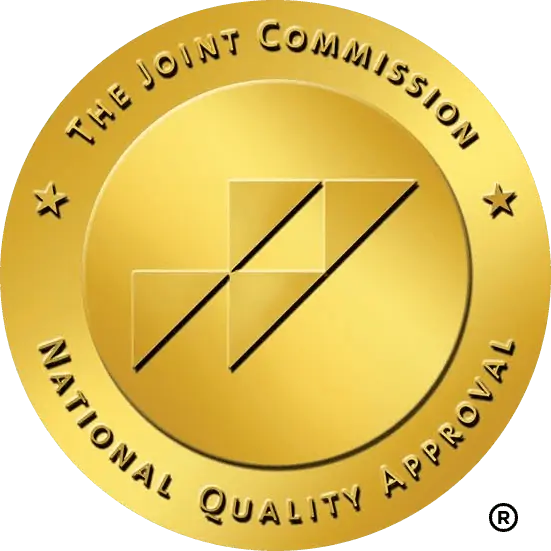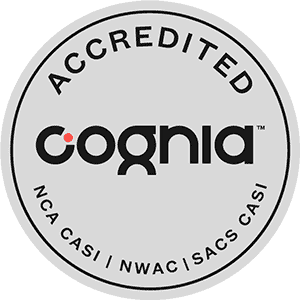Missouri
Residential Treatment Centers for Teens Missouri, located in Montana The choices teens make today can affect their future for better or worse. If your adolescent is exhibiting problematic behaviors that are endangering your teen’s health, happiness, and prospects, it may be time for an intervention. Fortunately, it isn’t too late

